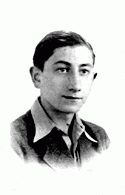You searched for: 竞彩比分3串1奖金封顶【杏彩官方qee9.com】福彩3d杀码图最准杀,,,0278UTWK3yVp
<< Previous | Displaying results 771-780 of 947 for "竞彩比分3串1奖金封顶【杏彩官方qee9.com】福彩3d杀码图最准杀,,,0278UTWK3yVp" | Next >>
-
Combating Holocaust Denial: Evidence of the Holocaust presented at Nuremberg
ArticleAt the Nuremberg trials, Allied prosecutors submitted documentation left by the Nazi state itself. This evidence is a lasting refutation of attempts to deny the Holocaust.

-
Deceiving the Public
ArticleThe Nazis frequently used propaganda to disguise their political aims and deceive the German and international public. Learn more.
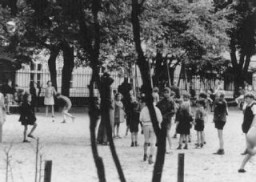
-
Gusen
ArticleIn 1940, the Nazis established Gusen concentration camp. Learn more about camp conditions, forced labor, and liberation.
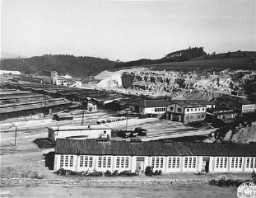
-
World War I and its Aftermath: Key Dates
ArticleExplore a timeline of key events in the history of World War I and its aftermath. Learn about the conflict and its divisive peace.

-
Danuta Justyna
ID CardDanuta was born to Roman Catholic parents in the small industrial town of Piotrkow Trybunalski in central Poland. Her father and mother were school teachers. She and her younger sister, Maria, became friends with two Jewish girls, Sabina and Helena Szwarc. Although their houses were more than a mile apart, the girls often played together. 1933-39: Danuta was planning on attending college in September 1939, but on September 1 Germany invaded Poland. Four days later, German soldiers streamed into Danuta's…
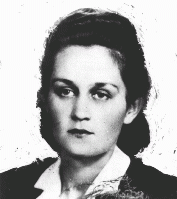
-
Kazimiera Banach Justynowa
ID CardKazimiera was born to Roman Catholic parents in the town of Mierzen. After graduating from a teacher's college in Staniatki, she married Wincenty Justyna, a secondary school teacher. The couple settled in the small industrial city of Piotrkow Trybunalski and raised three children, Jerzy (a boy), Danuta and Maria. Kazimiera worked as a school teacher. 1933-39: With their combined incomes the Justynas were able to buy a plot of land and build a house. The Germans invaded Poland on September 1, 1939, and…
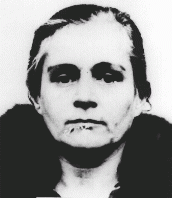
-
Maria Justyna
ID CardMaria was born to Roman Catholic parents in the industrial town of Piotrkow Trybunalski in central Poland. Her father and mother were school teachers. Maria attended grade school and secondary school in Piotrkow. She and her older sister, Danuta, became friends with two Jewish girls, Sabina and Helena Szwarc. Although their houses were more than a mile apart, the girls often played together. 1933-39: The Germans invaded Poland on September 1, 1939, and occupied Piotrkow four days later. Most schooling for…
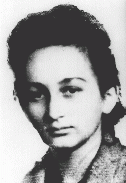
-
Yitzhak (Irving) Balsam
ID CardYitzhak was the second of four children born to religious Jewish parents. The family lived on the Polish-German border in Praszka, a small town where Yitzhak's father worked as a tailor. His work was not steady, and the family struggled to make ends meet. Yitzhak attended Polish public school in the mornings and Hebrew school in the afternoons. 1933-39: At 4 a.m. on September 1, 1939, the Balsams were awakened by an explosion. The Polish army had blown up the bridge over the Prosna River to impede the…
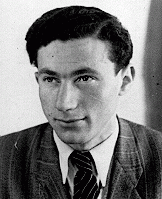
-
Hinda Chilewicz
ID CardHinda was the eldest of three children in a comfortable middle class Jewish family. Her father owned a textile business in Sosnowiec and her mother attended to the home. Sosnowiec in southwestern Poland had a growing Jewish community of almost 30,000 people. There was a Jewish hospital as well as religious schools. 1933–39: Hinda was just 13 years old when German troops invaded Poland on September 1, 1939. Three days later, they occupied Sosnowiec and terrorized the Jewish community, killing over a…
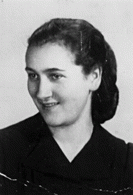
-
Moniek Rozen
ID CardOne of 12 children, Moniek grew up in Dabrowa Gornicza, an industrial town in western Poland. His father, Jacob, owned a general store, which he was forced to close in 1938 as the result of a boycott by local antisemites. Moniek attended both public and Jewish schools, and his father hoped that one day he would become a rabbi. 1933–39: On September 1, 1939, Moniek was awakened by the sounds of airplanes flying overhead as German forces invaded Poland. As the war drew closer, Moniek fled eastward, but…
